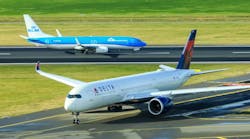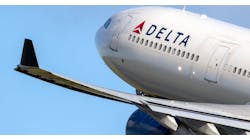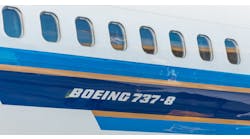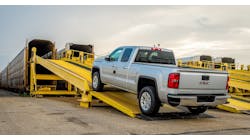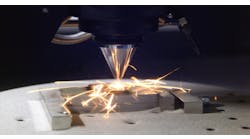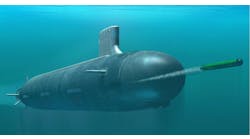The U.S. Dept. of Justice and Boeing have finalized the latter’s guilty plea concerning its breach of a 2021 agreement that resolved claims of conspiracy to defraud regulators overseeing the initial certification of the 737 MAX aircraft. In the agreement, Boeing admits guilt on charges of criminal fraud, accepts a significant fine and agrees to enhance its manufacturing programs’ safety standards.
Boeing agreed to pay a maximum fine of $487.2 million. The Justice Dept. recommended that the court credit the $243.4 million Boeing paid in the 2021 settlement.
Boeing further agreed to invest $455 million through 2027 to enhance its safety and compliance programs.
The plea deal also may expose Boeing to new liability for the two crashes. Families of those killed will be allowed to file objections to the deal, and the court will decide whether Boeing owes restitution to the victims.
When two 737 MAX jets crashed in October 2018 and March 2019, killing a total of 346 people, the investigation into the causes revealed multiple efforts to conceal Boeing’s compliance with reporting requirements and its awareness of the design flaws.
The 2021 agreement included a substantial fine but it protected Boeing from prosecution over its liability for the crashes. It also required Boeing to maintain compliance with federal safety regulations in its manufacturing operations.
The revelation that Boeing had not complied with those regulations followed the January 5 Alaska Airlines incident, in which the sidedoor plug on a 737 MAX 9 blew open while the jet was airborne.
According to DOJ, its investigation found Boeing made multiple false claims that its aircraft complied with various safety regulations.
"Boeing senior executives prioritized the movement of aircraft through Boeing’s factories over reducing out-of-sequence work to ensure production quality," the DOJ reported in the settlement agreement . "Out-of-sequence work is more difficult to perform (and) increases the risk that defects in manufacturing will occur."
Boeing admitted as much in its plea agreement.

